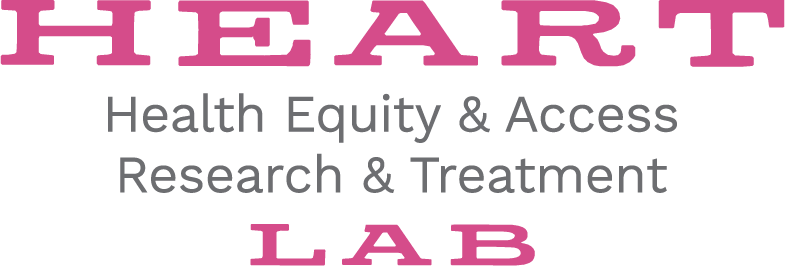Projects
Detecting and Improving College Student Mental Health Across Mexico and the U.S.
Mexican-origin individuals make up the largest Latinx/Hispanic ethnic group in the US and also have the highest college enrollment. Mexican-origin students experience high rates of mental health problems, however, prevalence rates of mental health disorders vary depending on where they live (i.e., Mexico vs. US), their generational status (first-generation vs. 2nd/3rd generation) and immigration status. For example, Mexican college students living in Mexico report the lowest rates of death by suicide, however, Mexican-descent college students living in the US (primarily female) have disproportionately higher rates of suicide attempts. Differences in mental health symptoms, including suicidality, can be partially explained by cultural protective factors that might mitigate risk when living in country of origin; this is known as the immigrant health paradox. Given that Mexican-origin individuals are a) the most populous Latinx group in CA and b) more likely to be US-born compared to other Latinx groups, it is important to better understand the immigrant health paradox specifically for Mexican-origin college students in California. Through this grant mechanism, I hope to expand my current research projects focusing on Mexican-origin college student mental health to other Universities in Mexico, including the Benemerita Universidad Autonoma de Puebla (BUAP). The proposed cross-cultural research project will use mixed method approaches and examine multi-level risk and protective factors associated with college student mental health, with a particular focus on suicide. This important research will inform campus efforts to improve the mental health of students and will also directly inform UCLA’s initiative to become a Hispanic Serving Institution. A major component of recruiting and retaining Latinx students to UCLA includes having ample mental health resources that are culturally relevant for students, and this proposal has the potential to inform these important and timely efforts.
Project Lead
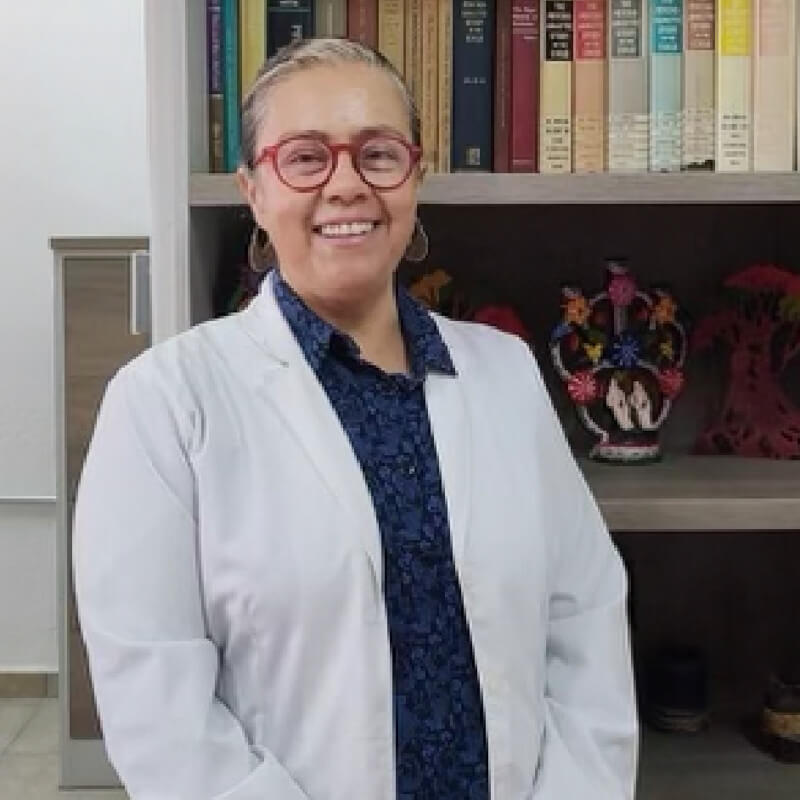
Minou Arevalo, MD
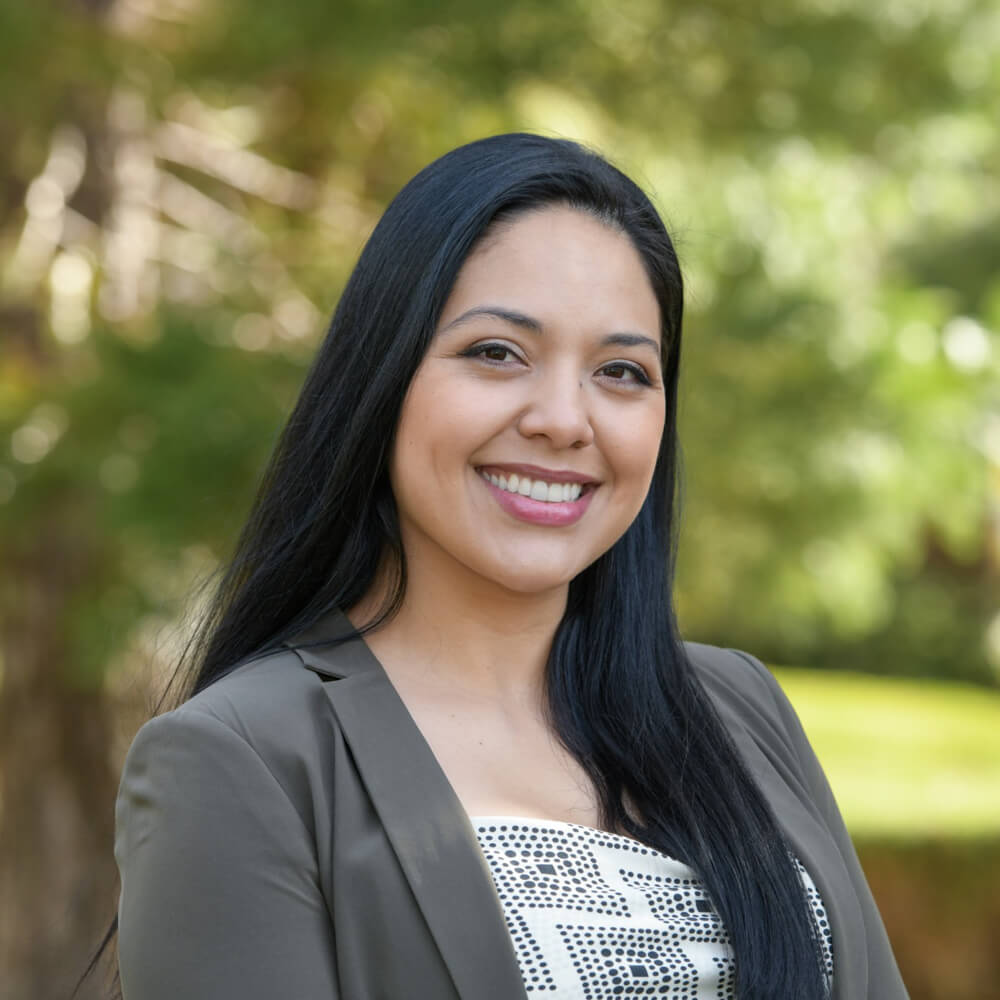
Jocelyn Meza, PhD
Investigators
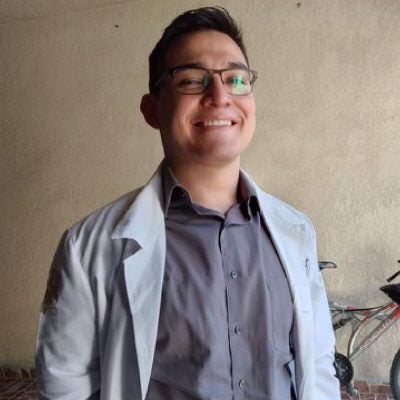
Ian Carlos Vera Cortez

Lilian Bravo, PhD
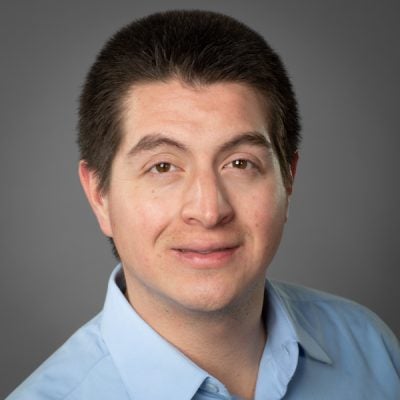
Francisco Reinosa Segova, PhD


